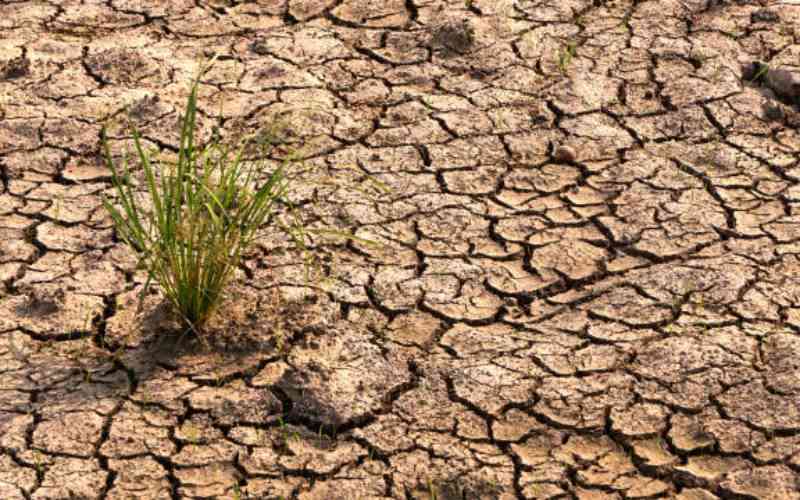
The United Nations released a report titled, ‘The State of food security and nutrition in the world’, on Sunday. The report says 2.3 billion people globally are threatened by difficulties in getting enough food.
More specifically, the report says 14.4 million Kenyans are undernourished. At the height of the Covid-19 pandemic in 2020, the report shows that 43.6 million Kenyans, from a population of 53 million, could not afford a healthy diet. That is how bad the situation is, and when you throw in the disruptions caused by the Ukraine war, things can only get worse.